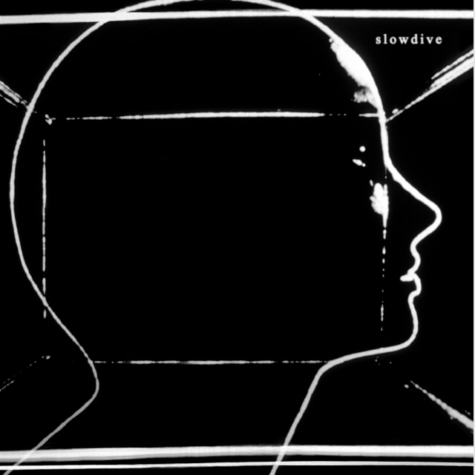Opinion: What will Kamala Harris’ legacy be?
On behalf of Feminists Advocating for Equality (F.A.E.) but not representative of their collective opinions.
With the conclusion of the 2020 elections, Kamala Harris is the first woman of color to be elected Vice President of the United States, but VP Harris is more than representation and we must be critical of her policy. During the election cycle, she faced criticism from Republicans and Democrats alike. While her controversial criminal justice past was scrutinized much of this criticism was fueled by misogyny and sexism. “Girl boss” feminism, as it’s been coined, is when people who want to uplift women blindly support any women in positions of power despite their wrongdoing. Now, in my opinion, Vice President Kamala Harris is not Margaret Thatcher, but we need to be able to criticize her and also combat the misogyny she has faced and will continue to face as vice president. In what context do we criticize female politicians, and can our seemingly fair criticism be invoked by underlying misogynistic thinking?
Harris’ vice presidency also fits into a larger theme of individualism which has defined the current wave of American feminism. A powerful woman represents the ideals of this feminism. But when an individual’s accomplishments are seen as representative of the capability of those of the same gender, race, or socioeconomic status, we diminish the real, systemic barriers that keep people from these achievements. We must hold Harris to the standard of any politician regarding policy related to women and judge her based on how she changes the material conditions of women for the better. As Angela Davis once said, “When Obama was elected president, a prisoner said ‘one black man in the White House doesn’t make up for one million black men in the Big House.’”
Maybe it’s pessimistic of me, but I don’t think there has been or ever truly will be a good president. The policies of the president cannot possibly represent the feelings of hundreds of millions of Americans nor can they satisfy the needs of all people. I think about some of the biggest corporations that fuel the military-industrial complex– many of them have female CEOs. If we extend this line of thought to the presidency, we must reflect on the systems of oppression the office perpetuates. Real change is the mark of progress, not simply tokenism. But maybe there is hope. The conversation has been started and a new generation of young women’s dreams of being president are becoming reality. But we must be cautious and continue to fight for systemic change to make the lives of women and people of color better everywhere.





